Japanese Ikebana Floral Arrangements & Japanese Gardens
Nestled in Tucson, Arizona are The Yume Japanese Gardens. “Yume” means dream in Japanese. The gardens translate like a dream on the grounds, where the interplay between space and illusion intertwines with nature.
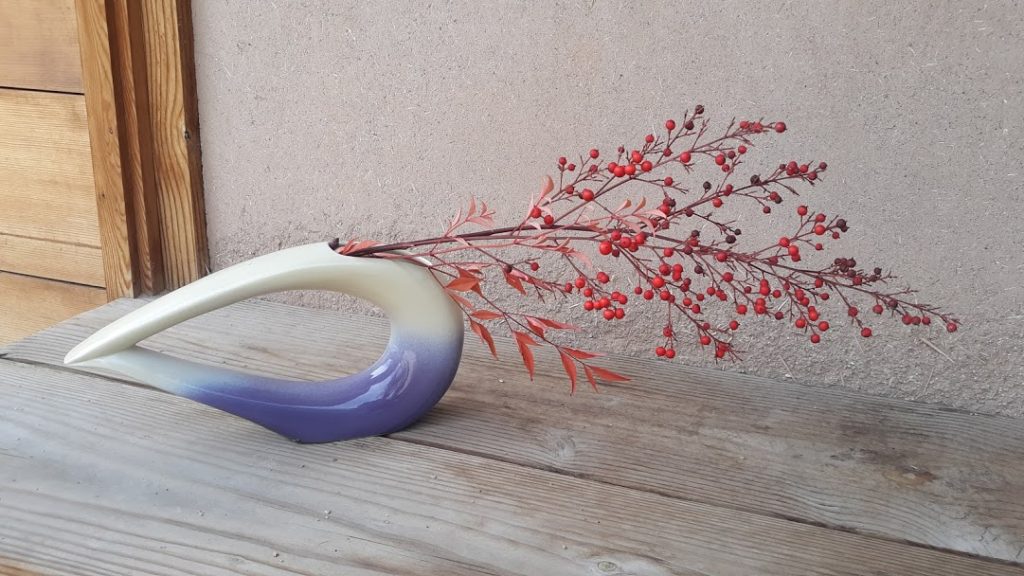
Visitors are encouraged to absorb the surrounding landscape representing designs from 200 years ago. With the exception of the front entrance garden and the Zen Garden, this garden style is unique to Yume, as most Japanese gardens in the United States are designed differently.
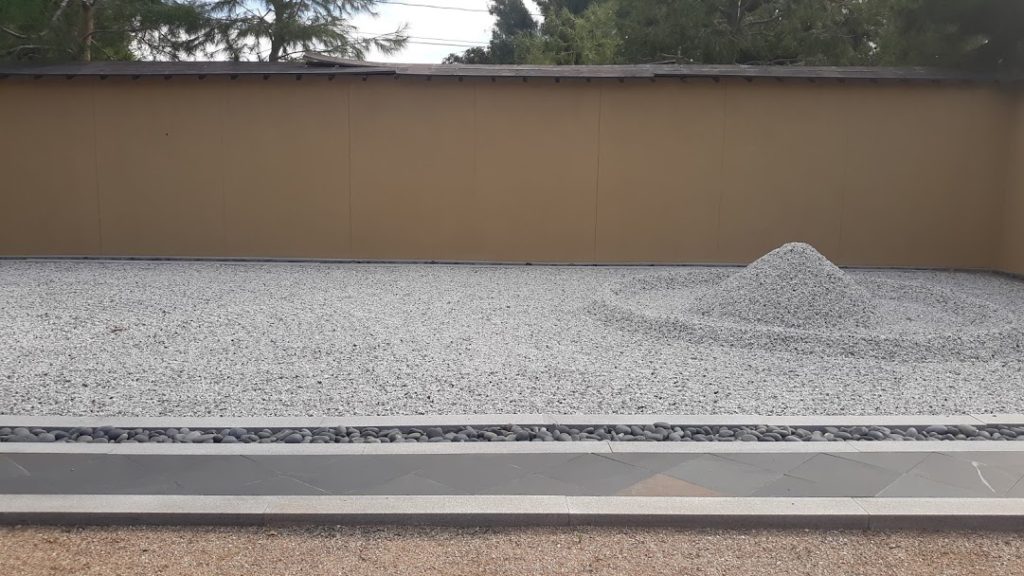
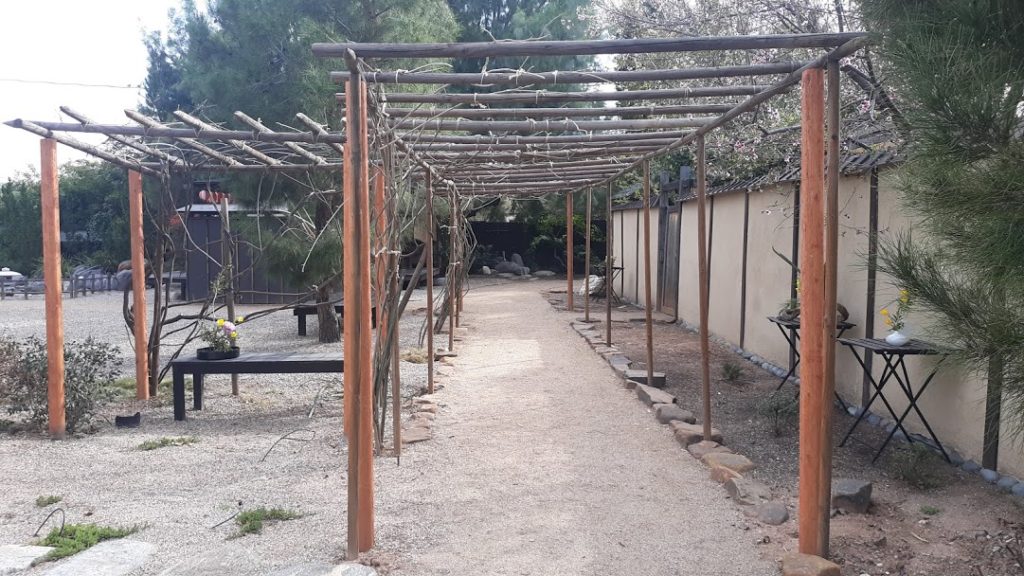
Most Japanese gardens are designed as strolling gardens. At Yume, the gardens are courtyard gardens with viewed seating for meditation and contemplation. Courtyard gardens are not meant to be walked through. In Japan, the courtyard garden is viewed from your home upon opening the shoji screens and looking outside.
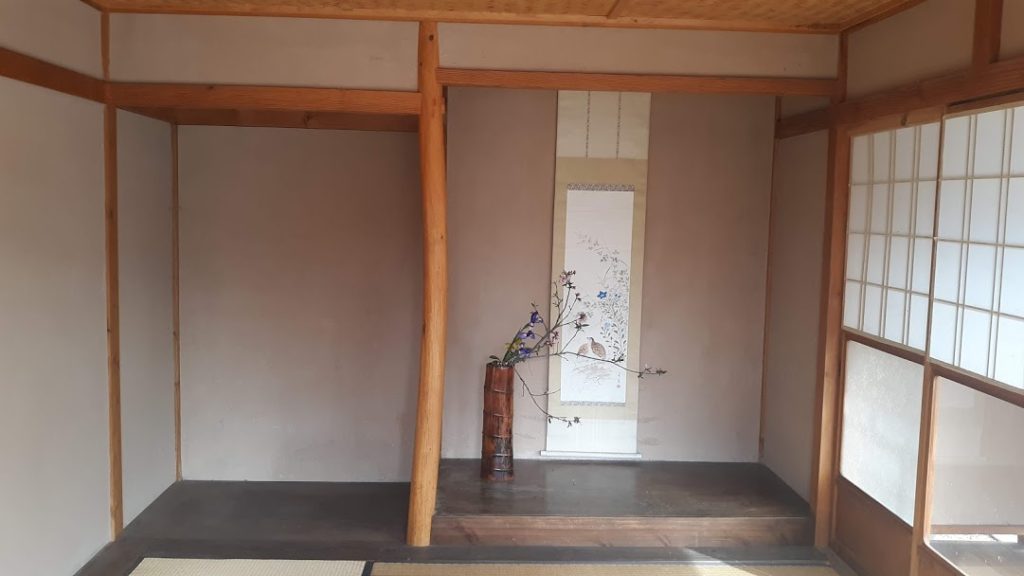
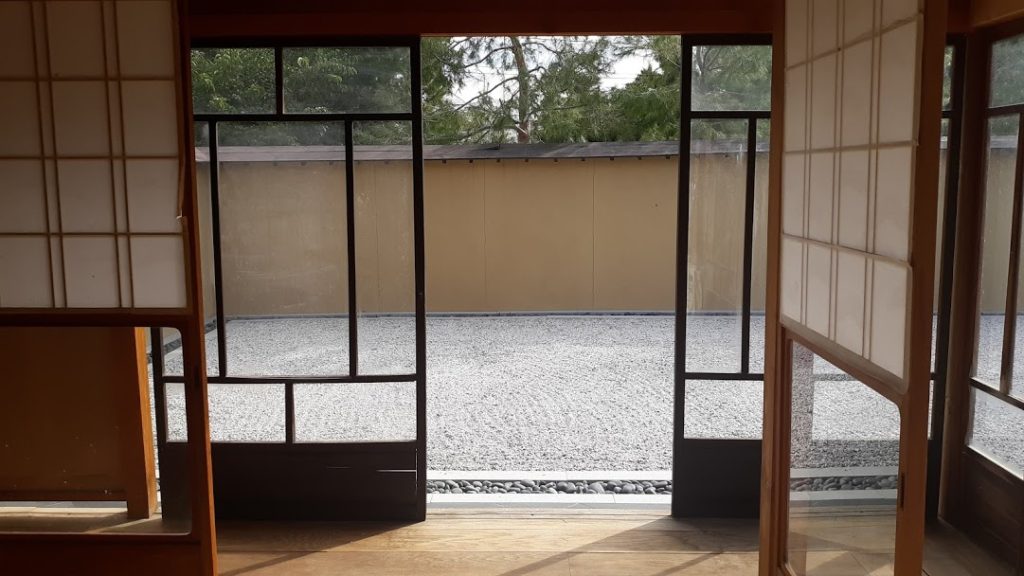
Traditional Japanese Cottage Opens towards Garden
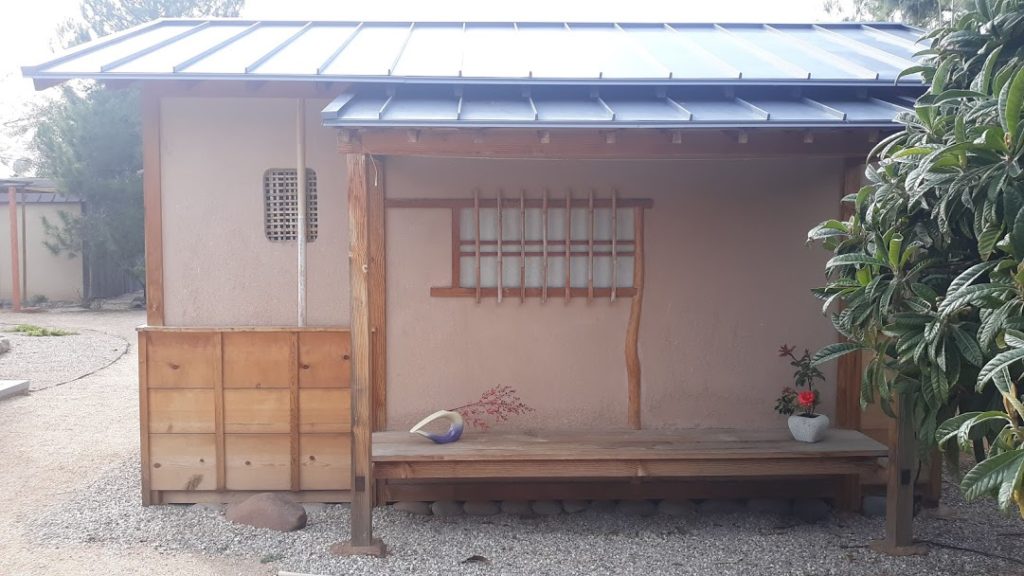
Yume held the Ikebana Floral Festival displaying many beautiful examples of traditional Japanese floral arrangements. They were displayed throughout the grounds with a special showcasing of the many sizes and shapes of vessels and vases for Ikebana underneath a verandah behind the main house.
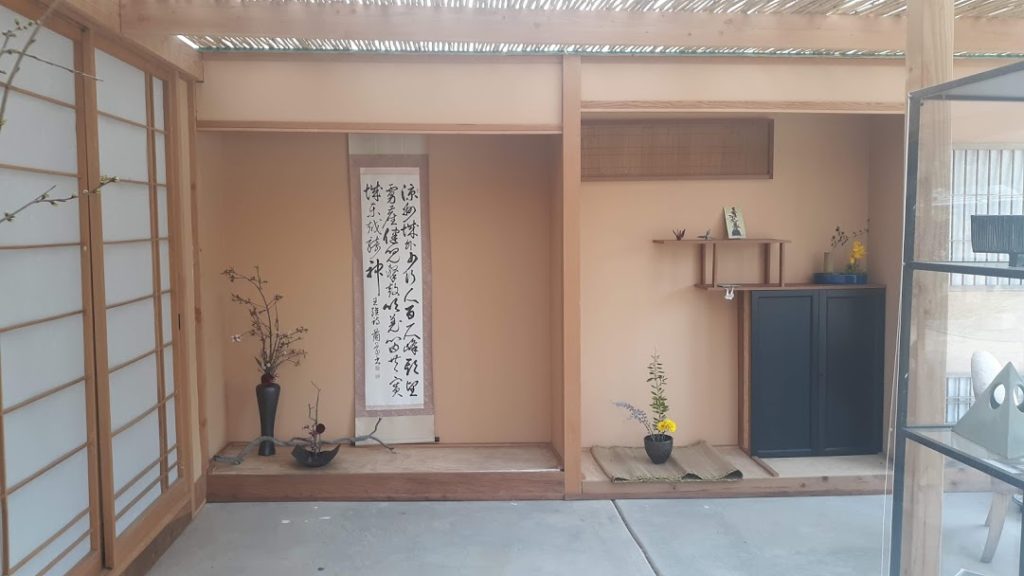
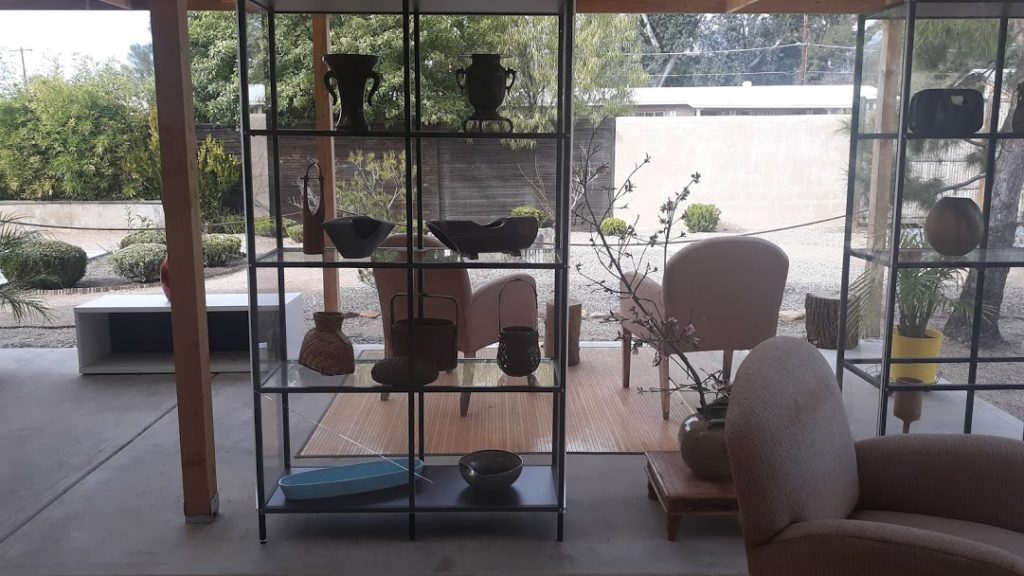
Unlike traditional western flower arrangements, Ikebana gives importance to qualities of the arrangement other than blossoms and blooms. They are mindful of the stems, leaves, branches, texture, form and the structure of the arrangement. Equally as important to Ikebana are the handmade vessels the floral arrangements are displayed in. Materials, size, shape, finish and color of the vases are all considerations when presenting an Ikebana floral arrangement. They work in harmony with the arrangements they hold. This adds to their zen-like nature.
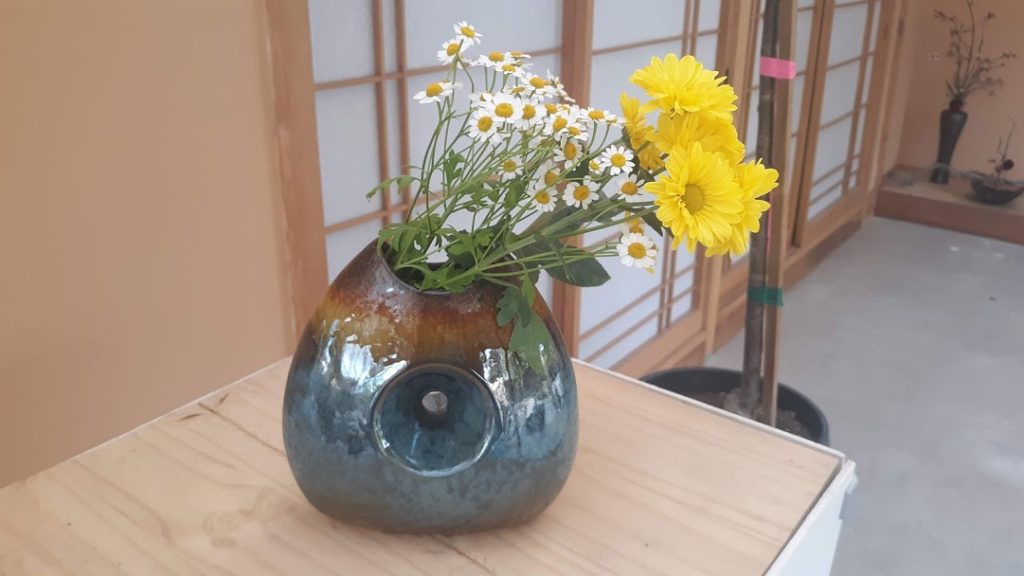
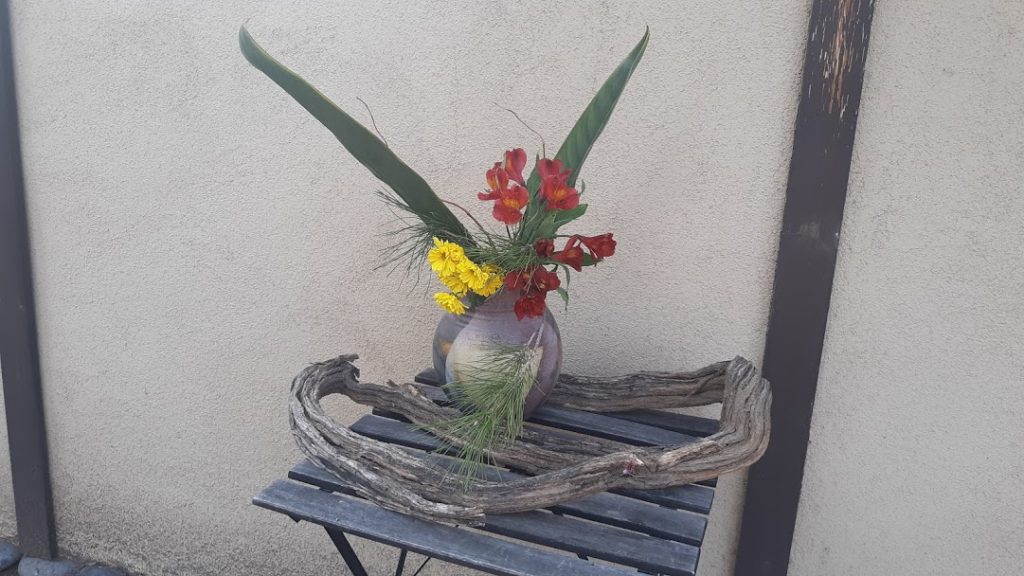
Ikebana Floral Arrangements
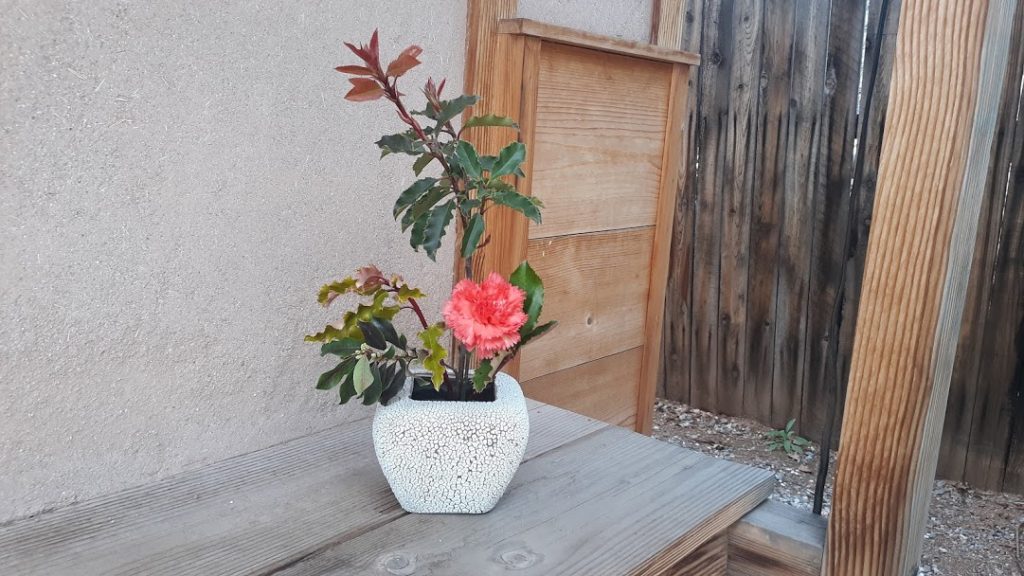
Ikebana vases and vessels are made from a variety of materials. Ceramics, bronze, bamboo, clay, wood and glass, just to name a few. As most Japanese gardens stick to a minimalist style without bushels of flowers or flower beds, the Ikebana floral arrangements are particularly profound to have displayed in a Japanese Garden. The floral compositions stand out like works of art while seamlessly blending into the scenery.
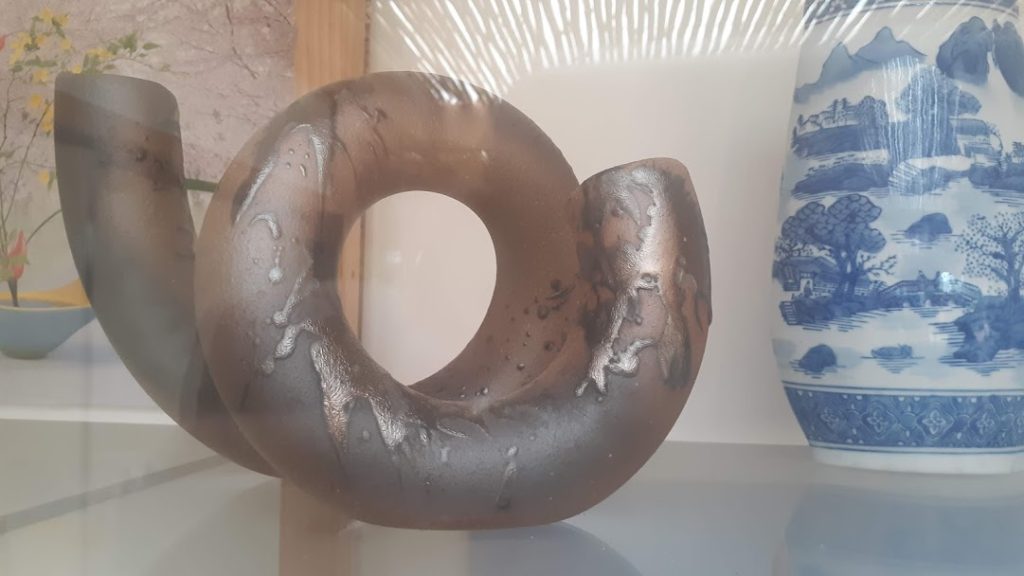
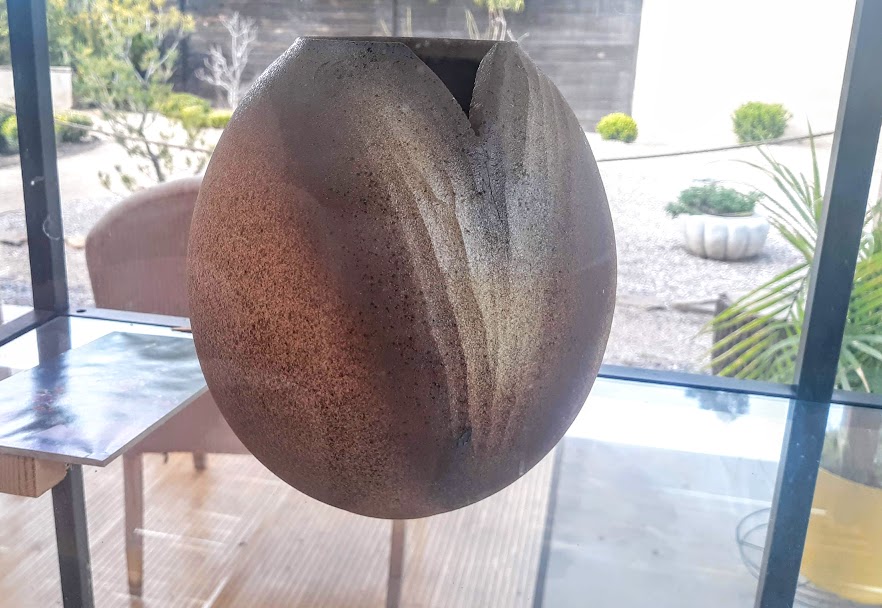
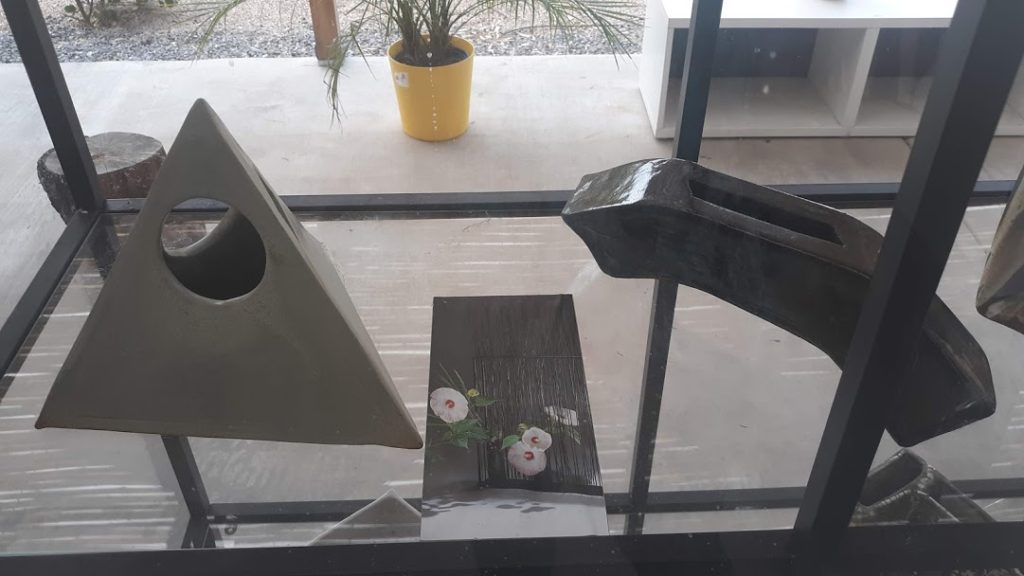
Other exhibitions on the grounds include Japanese wedding and ceremonial kimonos, Japanese hanging scrolls, Sumi-e ink paintings, other traditional Japanese pottery and houseware such as teapots and trinket boxes.
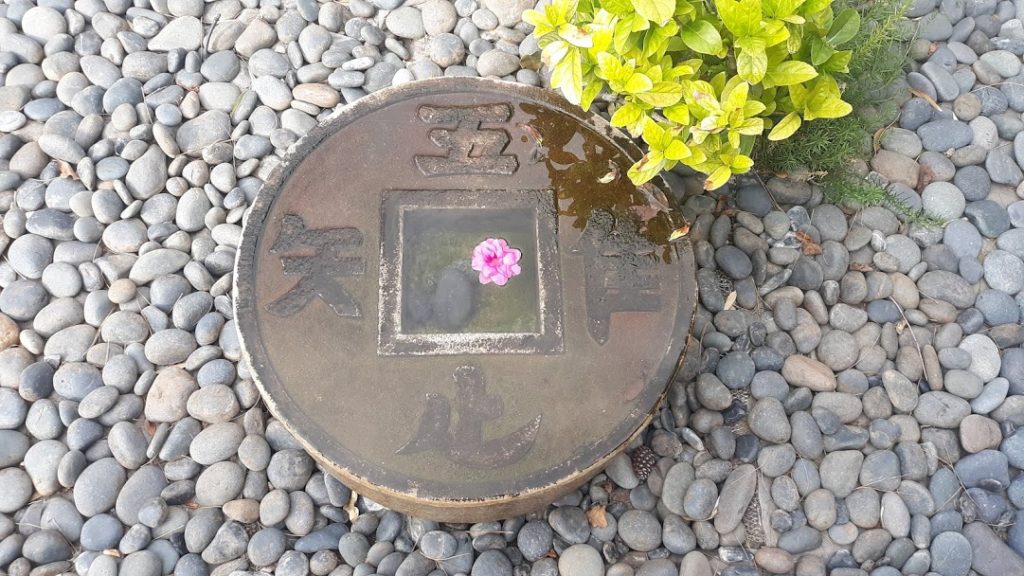
The Yume Japanese Gardens in Tucson are open to visitors from October to early May but they host special events in honor of the traditions and techniques stemming from Japanese culture.